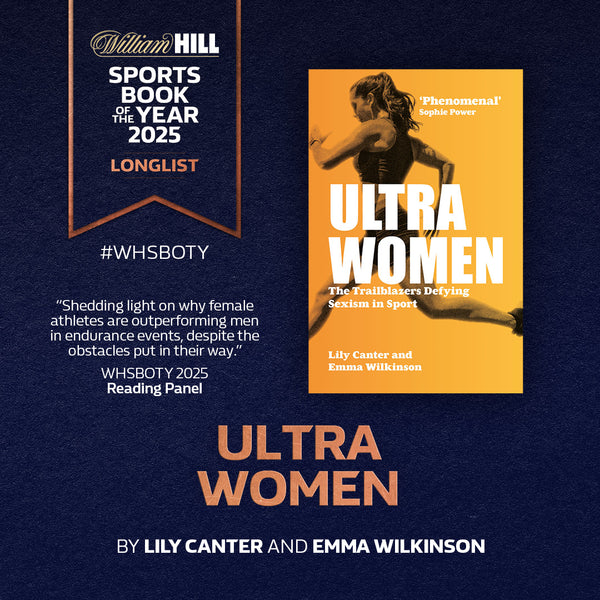Factual books that explain our world
Posted on September 30 2016

If a football manager can have a philosophy, I think a publisher can have one too.
In the three years since I founded Canbury Press, I've itched to explain just what it is I'm trying to achieve by publishing contemporary non-fiction books.
Belatedly, it's this: long-form writing can tell us about the world in ways that shorter newspaper articles can't.
Long-form writing, lengthy ruminative or investigatory journalism, or first-hand factual accounts, in book-form, can tackle a subject, can investigate it, interrogate it, map it. Find out the truth.
It's not just about length, though.
As a journalist I worked at The Independent. It was gloriously free from pressure from advertisers and political interests. The newsroom in South Quay and later Kensington was a wonderful place for a reporter. Only a free-spirited paper could have stuck out its neck and opposed the Iraq War in the way The Independent did repeatedly in 2003, and later. Most notably, by publishing its empty 'Whitewash' front page on the now-forgotten Hutton Report.
The Independent also took a refreshingly factual, campaigning approach to climate change.
Not all newspapers are so free of bias, so able to tell the story as they see it, rather than tell it through the eyes of their proprietor, or for the prejudices of their readers.
Sadly The Independent newspaper closed in 2016, a victim of the changing reading habits which have shrunk the circulations of national titles. As journalists in the UK, America and elsewhere know, commercial pressure is thinning out the ranks of well-connected specialist reporters, such as for health, education, the environment, who know how to mine their specialisms for the stories that matter. The stories that are not necessarily the received wisdom, but which shed light on our complicated 21st century world; which tell the truth.
There has been a slide, too, towards sponsored content in news outlets, especially online, which is entirely understandable in the new digital age, but which skews the news in favour of commerce and other interests in ways that are seldom as obvious as the old paper 'avertorials'.
Generally news providers receive ever smaller chunks of revenue from loyal print readers and rely increasingly on attracting a mass audience online and the resulting ad cash. With the rise of online ad blockers and a more fickle generation of surfers, this trend is unlikely to sustain in-depth journalism.
So, the aim of Canbury Press is to take the long-form approach and use it to tell the important, sometimes surprising and often contradictory stories about our world.
To view print books as slabs of paid journalism.
This, then is the simple philosophy guiding Canbury Press.
• To publish factual books that reveal our world
The first book, Beyond Contempt, which sold out in 2013, and was revised for a bigger edition in 2014, was an account of the phone hacking trial by Peter Jukes, who live-tweeted every significant moment of the 10-month case. The book told the behind-the-scenes reality of the longest trial in English legal history. It was described — admittedly somewhat hyperbolically — as The Trial of the Century.
In 2016, Canbury Press is publishing five titles. I will mention two here.
Because We Are Bad by Lily Bailey is one young woman's experiences of Obsessive Compulsive Disorder. While much more personal than Canbury's other books, Because We Are Bad dismisses the tired popular image of OCD as something you have if you like tidying, or enjoy displaying your books alphabetically. Instead it presents the harrowing reality of a debilitating and frightening mental illness which affects about one person in 70. Lily's is also very funny. Tragic. Witty. Sad. Brilliant. At the time of writing it has 40 reviews on Amazon; 39 are five stars.
It would be ideal for a book club after a thought-provoking book on mental health.
Finally, there is a book about the Iraq War. It's an easy to read paperback edition of the key findings of the Chilcot Report, the long awaited official investigation into what happened before and after the toppling of Saddam Hussein.
Published under the Open Government Licence, which gives access to UK government documents, this Canbury Press paperback faithfully reproduces all 60,000 words of the Chilcot Report's executive summary.
It's an eye-opening read into Britain's failures around the 2003 invasion of Iraq.
Among other things, it dissects the dodgy intelligence about weapons of mass destruction, Tony Blair's presentation of the case for war to the House of Commons, and the abject failure to plan for the aftermath of the invasion.
It's extraordinary to look back now at the jingoism and propaganda being spouted in Britain then. Only a few stood up to this spin and relayed what was really going on.
So often the narrative played out in public is not the real story.
I hope you like these books.
Martin
Martin Hickman
Managing Director
Canbury Press

